The postpartum period, also known as the fourth trimester, is a time of significant change and adjustment for new mothers. It's a phase filled with joy, challenges, and a range of emotions as you recover from childbirth and adapt to life with your newborn. Here are some tips and insights to help you navigate this important journey.
Understanding Postpartum
The postpartum period begins immediately after childbirth and can last for several months. During this time, your body undergoes physical recovery, and you may experience emotional and psychological changes. It's important to recognise that every woman's postpartum journey is unique, and there's no "right" way to feel or recover.
Physical Recovery
1. Rest and Sleep Your body needs time to heal after childbirth. Prioritise rest and sleep whenever possible. Nap when your baby naps and don't hesitate to ask for help from your partner, family, or friends.
2. Nutrition and Hydration Eating a balanced diet and staying hydrated are crucial for your recovery. Focus on nutrient-rich foods that provide energy and support healing. Drink plenty of water to stay hydrated, especially if you're breastfeeding.
3. Gentle Exercise Once your healthcare provider gives you the green light, incorporate gentle exercises into your routine. Walking, stretching, and postpartum yoga can help improve your physical and mental well-being.
4. Perineal Care If you had a vaginal delivery, your perineum (the area between your vagina and anus) may be sore. Use perineal sprays, ice packs, and sitz baths to soothe discomfort and promote healing.
Emotional and Mental Well-being
5. Acknowledge Your Emotions It's normal to experience a wide range of emotions during the postpartum period. From joy and love to anxiety and sadness, all feelings are valid. Allow yourself to feel and express your emotions without judgment.
6. Seek Support Surround yourself with a supportive network of family, friends, and other new moms. Join postpartum support groups or online communities where you can share experiences and receive encouragement.
7. Monitor Your Mental Health Postpartum depression and anxiety are common but treatable conditions. If you feel persistently sad, anxious, or overwhelmed, reach out to your healthcare provider for support and guidance.
Bonding with Your Baby
8. Skin-to-Skin Contact Spend time holding your baby skin-to-skin. This practice promotes bonding, regulates your baby's temperature, and supports breastfeeding.
9. Breastfeeding Support Breastfeeding can be challenging, especially in the early days. Seek support from lactation consultants or breastfeeding support groups to address any issues and ensure a positive breastfeeding experience.
10. Enjoy the Moments The postpartum period can be demanding, but it's also a time of precious moments with your newborn. Take time to enjoy these moments, whether it's a quiet cuddle, a first smile, or a gentle coo.
Practical Tips
11. Create a Routine Establishing a routine can help bring a sense of order to your days. While flexibility is important, having a general schedule for feeding, sleeping, and activities can make life more manageable.
12. Accept Help Don't hesitate to accept help from others. Whether it's cooking a meal, doing laundry, or watching the baby while you rest, accepting help can make a big difference in your recovery.
13. Prepare for Outings When you're ready to venture out, pack a well-stocked diaper bag with essentials like diapers, wipes, extra clothes, and feeding supplies. Plan outings around your baby's schedule to minimize stress.
The postpartum period is a time of healing, growth, and adjustment. By taking care of yourself and seeking support, you can navigate this journey with confidence and resilience. Remember, you're not alone—reach out for help when you need it and cherish the special moments with your newborn.




